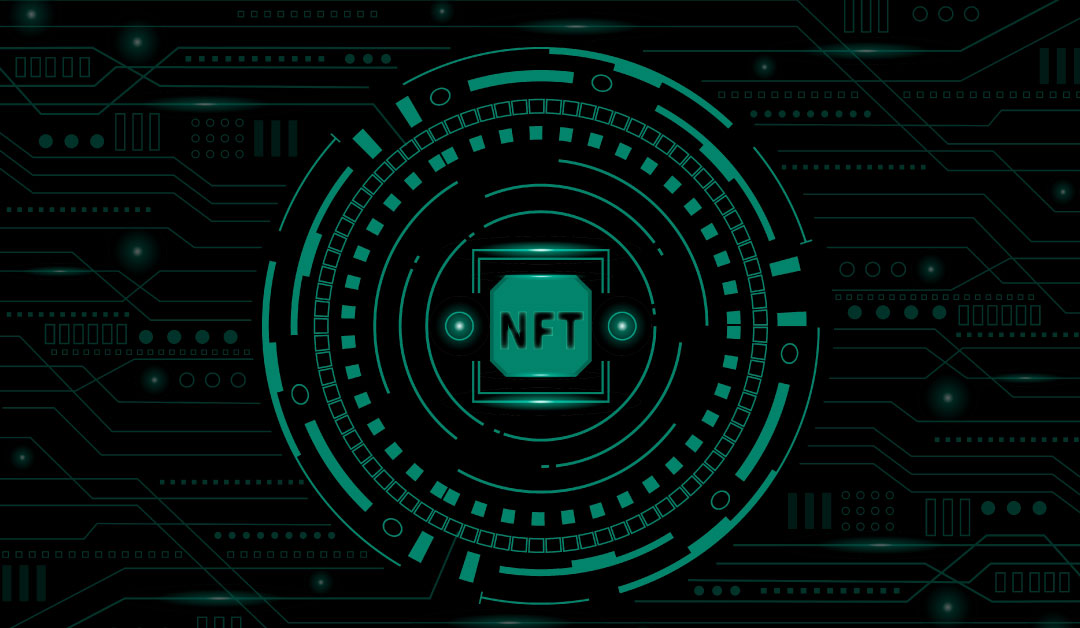NFT Scams And Online Brand Protection: What You Need To Know
From pump-and-dumps to phishing attacks, we break down the wild world of NFT scams and how to mitigate their risks within your online brand protection strategy.
What are NFT scams?
Non-fungible tokens (NFTs) are digital representations of a specific digital or physical asset. They can represent artwork, musical pieces, video clips, memes, or anything else you can imagine. NFT ownership is recorded via blockchain, and users can buy, sell, or trade them.
A recent survey found that a staggering 90 percent of NFT owners had experienced an NFT scam. Taking into consideration that some $21 billion in NFT sales were made in 2021 alone, it’s clear that cybercriminals have spotted a lucrative opportunity in focusing on NFTs for their scams.
While these schemes are constantly evolving, the most common NFT scams include:
Trademark infringement
These are NFTs created illegally. They claim that they are officially representing a brand’s name, product or logo, which is protected by a registered trademark.
Counterfeit sales
Brands that already sell NFTs may see imposters create their own copies of authorized NFTs, while falsely purporting to be the original creator or seller.
Phishing attacks
In these NFT scams, cybercriminals may send fake links through email or social media, which claim to redirect users to NFTs, in order to access customers’ digital wallets and obtain their personal data.
Pump-and-dump
These scams see cybercriminals inflate the price of an NFT by buying a large amount of it in a coordinated fashion. This gives the NFT an artificially higher value. The scammers then sell the NFT and cash out in one swift move, leaving the investors with a worthless asset.
Some pump-and-dump scams may even involve celebrity endorsements.
“With this scam the people who issue the token get influential people to really talk it up without disclosing they were paid or are part of the project,” says Molly White, a software engineer and NFT analyst.
“The price of the token skyrockets because, you know, ‘Kim Kardashian is part of the project and it’s gonna be big!’ Then they sell off the tokens and people lose interest, and the whole thing plummets back down.”
Rug pull scams
Bad actors claim that they’re working on creating an amazing, innovative NFT, and receive money from investors and potential buyers. After receiving enough funds, they simply disappear, without producing the NFT.
A recent high profile NFT rug pull scam landed an alleged scammer in major trouble. The founder of the Baller Ape Club, who ran off with some $2.6 million in investors’ money and never produced the NFT he had promised to create, is now facing serious criminal charges.
Bidding scams
These scams most often occur on the secondary market. Cybercriminals win an NFT sale by being the highest bidder, then secretly change the cryptocurrency for one of lesser value. That means you might sell your NFT for 20 USD rather than 20 BTC, which was the original agreed upon price.
Want to learn more about improving your online brand protection? Talk to us today
Why your online brand protection strategy must cover NFTs
Think your company doesn’t need to worry about NFT scams because you don’t trade them? Unfortunately, it’s not that simple. Bad actors can steal your brand’s identity for use in NFT scams, and potentially cause catastrophic damage to your brand reputation.
Both companies that trade NFTs and those that don’t need to make NFT scams an essential part of their online brand protection strategies, or risk facing the consequences. Cybercriminals aren’t interested in whether or not your company actively produces NFTs – they’re looking for any opening to reach potential victims, and if that happens via pretending to represent your organization, they won’t hesitate.
It’s clear that NFT scams are a critical part of online brand protection. Your anti-NFT scam strategy must include the following steps:
- Looking for fake websites
- Monitoring for impersonation on social media
- Tracking marketplaces that can sell counterfeits
Because NFT scams are so diverse and involve a rich array of channels and strategies, you need a comprehensive approach that encompasses multiple aspects to properly protect your business.
How BrandShield protects you from NFT scams
With AI-based threat mapping that prioritizes threats and provides efficient and quick takedowns, BrandShield’s brand protection software offers you a multipronged, smart approach to keeping your brand’s reputation safe. Our comprehensive threat detection works across all NFT trading channels, to stop attacks at every stage of the process.
Our real-time trademark and fake listing enforcement means that we proactively search for infringements, including logos and visual trademarks, to remove them as swiftly as possible. We believe that taking initiative and actively seeking out threats is the most effective way to ensure that your brand reputation and bottom line are protected.
What our NFT scam protection looks like in action
Partnering with The Sandbox, we engaged in a widespread take-down of NFT scammers and their assets. We mapped, analyzed and classified threats, removing a staggering 120 phishing sites and 58 fake social media accounts, all in just two months.
Because traditional online brand protection tools aren’t oriented towards the relatively new threat of NFT scams, it’s important that you seek out brand protection software that includes this feature. To learn more about how BrandShield can protect your company from NFT scams:
.{{cta(’66b4068b-29bc-4664-a9f2-74d2b2d81c01′)}}
